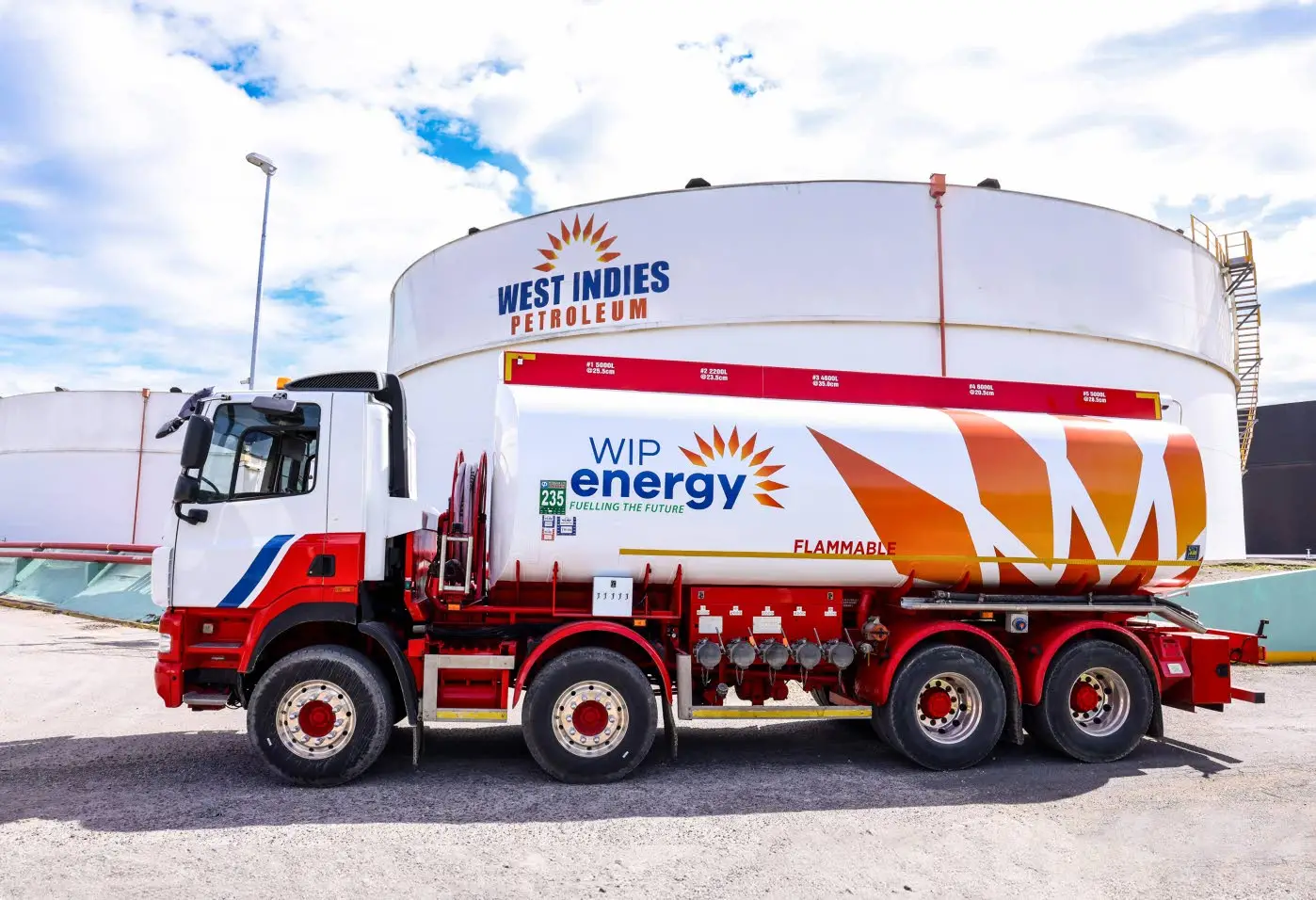
WIP CEO urges unified approach to address Caribbean’s energy challenges
CHARLES Chambers, CEO of West Indies Petroleum Limited (WIP), has sounded the alarm on the Caribbean’s escalating energy crisis, calling for a unified regional strategy to tackle crippling energy costs which he described as “suffocating economic growth.”
Speaking at the Jamaica Stock Exchange Regional Investments and Capital Markets Conference 2025 at the Jamaica Pegasus hotel last week, Chambers highlighted the stark disparity in energy costs between Jamaica and other regions, emphasising the urgent need to address inefficient infrastructure, punitive tax structures, and fragmented energy distribution.
“Our current energy cost is suffocating economic growth. We need a comprehensive, deliberate, collaborative and decisive public-private partnership approach to energy infrastructure,” Chambers noted. He advocated for tax incentives to attract investments, support local companies, and foster regional collaboration to address inefficiencies and high costs.
“The cost of energy fundamentally shapes how resources are deployed across the Caribbean economies. It drives investment decisions, influences infrastructure development, and ultimately determines the very lives that we lead,” Chambers added.
Citing Jamaica as an example, the executive shared that Jamaicans pay US$6 per gallon for fuel compared to US$2.50 in the United States, while electricity costs in Jamaica are 49 US cents per kilowatt hour versus 4 US cents in Houston.
“These aren’t just numbers, they represent a fundamental barrier to our region’s competitiveness and our people’s prosperity,” Chambers added. “Currently, fuel carries a 60 per cent tax burden that passes directly to consumers. This isn’t just about fuel at the pump. It cascades through our entire economy, affecting food prices, transportation, manufacturing, and the basic cost of living for every Jamaican,” he stated.
He called for the Government to create the infrastructure that will allow players in the energy market to deliver fuel at the cheapest possible costs to consumers, by creating deep water ports for large fuel ships to dock.
“We have inherited and continue to use infrastructure that wasn’t designed for today’s Jamaica. This ad hoc approach to energy infrastructure has left us with systems that drive up cost, rather than create efficiencies,” he said.
“Reducing the Caribbean’s energy bill requires a broader approach. The deployment of resources must be coordinated regionally to achieve maximum efficiency. We need strategic infrastructure development. We must not treat infrastructure as an afterthought. We are waterborne states, so logistics are incredibly important and have a huge impact on costs,” he stressed.
He advocated for private sector-led energy infrastructure projects, supported by government policy and local expertise, to unlock global infrastructure funding and drive sustainable economic development for the Caribbean.
“Despite having significant storage capacity across the Caribbean — 32 million barrels in St Croix, 16 million in the Bahamas, 12 million in St Eustatius and others in Curacao, Trinidad and Aruba — we’ve failed as a region to leverage these assets effectively,” Chambers noted. “We need a comprehensive, deliberate, collaborative and decisive public-private partnership approach to energy infrastructure.”
The industry executive called for a strategic shift in how energy infrastructure projects are developed and deployed in the region, emphasizing the role of local expertise and investment. “The solution lies not in government-built infrastructure, which historically proves expensive and inefficient. Instead, we need private sector-led development and deployment, structured by government policy and executed by Caribbean companies which have a vested interest in our region’s success,” he outlined.
Chambers reiterated the importance of supporting local companies led and managed by Caribbean nationals who will reinvest in the region. “We must create structures that make it imperative that the participants are from and exist within this region. This is about creating a foundation for genuine economic development and prosperity for our people.”
Highlighting the availability of global infrastructure funding that could be tapped for regional development, the WIP CEO continued, “There are literally trillions of dollars in global infrastructure funds seeking reliable, long-term returns. We have the opportunity to tap into this capital, but we must do it strategically and with local companies and Caribbean interests at the forefront.”
“We now need to take measured and informed action and, most importantly, we should do this collectively and through structures that make it an imperative that the participants are from and exist within this region,” Chambers concluded.
























